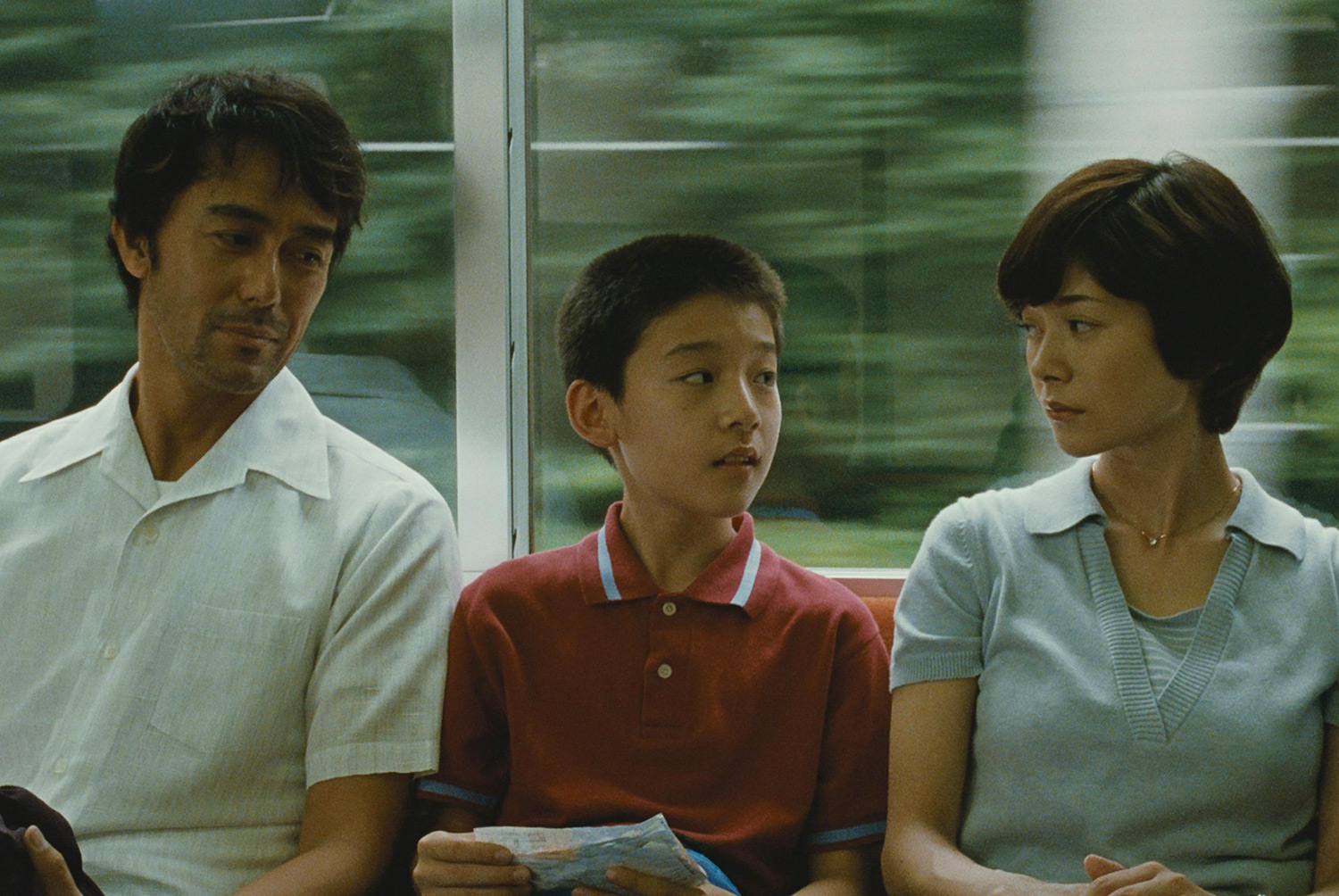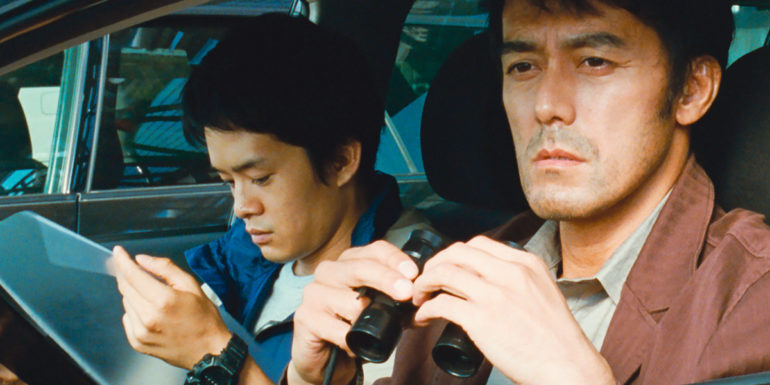After The Storm, the latest drama from Japanese director Hirokazu Kore-eda, opens with a mother and daughter in a quaint, cluttered kitchen. The pair chat, reminisce, bicker and trade playful jibes as only family can. The daughter is writing cards while her mother prepares a meal. The old woman has some words of wisdom to impart; it’s best to let the ingredients stew and simmer slowly so that the fullest flavour can be brought from them. She could be referring to the meal that bubbles away in the pot in front of her. Or, she could be referring to Kore-eda’s soulful commentary on life, love, estrangement and redemption.
The movie follows Shinoda Ryota, a failed novelist who works as a private detective, a job he convinces himself is research for his next literary work. Broken-spirited and shambolic, he struggles to get through each day and yearns for the promise his youth once held, ever regretful over the path his life has taken. Perhaps his biggest regret is the strained relationship he has with his ex-wife and their son, Shinogo, with whom he so desperately wants to find a meaningful connection.

Kore-eda quietly and patiently takes the audience on a journey as a typhoon grows in strength, its presence lingering over the suburbs of Tokoyo and conspiring to bring Ryota, Shinogo and Kyoko together when they are forced to seek shelter from the storm one night in Ryota’s mother’s apartment.
It’s a tentative but confidently paced story that explores the depths of family bonds and what holds them together – or shatters them – without resorting to grandiose displays of love or clichéd character u-turns where everyone suddenly reconciles their differences. Instead, Kore-eda focuses on the thousands of micro-interactions that make up our lives and the lives of those we connect with. That he does it in such a heartfelt and convincing manner should surprise no-one familiar with some of his earlier films like Our Little Sister and Like Father, Like Son.
Ryota, for all his loathsome faults, is a man clearly all at sea, lost and in need of guidance, something is hinted at was lacking from his relationship with his own father. Though he steals and squanders his way through life, the yearning to form a bond with his own son and to find a platform to rebuild his life is genuine, which makes it all the more melancholic as it becomes clear that his life may soon start to move on without him.
After The Storm is a film of quiet and delicate discoveries, each more surprising and beautifully tender than the last. Kore-eda is confident enough to know that his ingredients are right and his assured direction allows them the time to simmer and come together at their own pace to create something that will leave observers profoundly heartbroken, yet immensely fulfilled.

